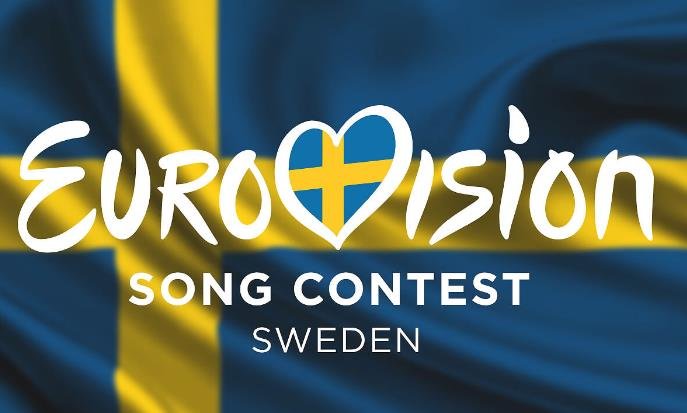The Eurovision Song Contest, the annual musical extravaganza that brings together millions of viewers from across Europe and beyond, is set to undergo some changes in its next edition. The host broadcaster SVT, which will organize the contest in Malmo, Sweden in 2024, has announced its intention to reduce the runtime of the grand final by up to an hour.
Why is Eurovision so long?
The Eurovision Song Contest has grown immensely since it was born in 1956, when only seven countries participated. Today, a record number of 41 countries compete in the contest, which has expanded from one to three shows: two semi-finals and a grand final. The event also features various elements that add to its entertainment value and spectacle, such as the opening flag parade, the postcards, the interval acts, and the voting sequence.
However, these features also contribute to the length of the show, which has significantly increased over the years. The 2023 Eurovision Song Contest in Liverpool had the longest runtime in Eurovision history, clocking in at 4 hours, 13 minutes, and 21 seconds. The grand final has surpassed 4 hours in the last few editions (2023, 2022, 2019) or has been approximately 4 hours long (2021, 2018).

How will SVT shorten Eurovision 2024?
SVT, the Swedish broadcaster that won the right to host Eurovision 2024 after Tusse’s victory in Liverpool with his song “Voices”, has revealed its plans to shorten the grand final by an hour, aiming to bring it down from 4 hours 15 minutes to 3 hours 15 minutes. According to Aftonbladet, a Swedish newspaper that interviewed two of the new members of the Eurovision 2024 core team: Christer Bjorkman (contest producer) and Per Blankens (head of TV), SVT will work on making a tight and efficient broadcast that does not compromise on the quality or the excitement of the show.
Per Blankens commented: “There may be reasons why the competition is so long, you have to have time to collect and compile all the public votes. But it will be late for those who live in the east and also for us who live in central Europe, so the program has everything to gain from being made shorter, but without shredding or just tearing it off.”
Christer Bjorkman added: “We have a format that is very good and alive and many of the big changes happened in 2013 and 2016 in tonality and with the voting. I don’t think a lot of adjustments are needed right now. What we have to work on is trying to make a tight broadcast, efficient good television that doesn’t take up too much time. That is our big goal.”
What are the possible ways to cut Eurovision 2024?
SVT has not yet specified how exactly it will achieve its goal of shortening Eurovision 2024, but there are some possible ways that could be considered. For instance:
- Reducing the number of songs or participants: This is unlikely to happen, as it would mean excluding some countries from the contest or changing the format of the semi-finals. Moreover, it would go against the spirit of Eurovision, which is about celebrating diversity and inclusion.
- Reducing the time allocated for each song or performance: This could be done by limiting the duration of each song to less than three minutes (the current maximum) or by cutting some parts of the staging or pyrotechnics. However, this could also affect the artistic expression and creativity of the performers and delegations.
- Reducing the time allocated for each postcard or interval act: This could be done by shortening or simplifying the postcards that introduce each country or by having fewer or shorter interval acts that entertain the audience during breaks or voting. However, this could also reduce the cultural and visual appeal of the show and its host country.
- Reducing the time allocated for each spokesperson or voting sequence: This could be done by having fewer or faster spokespersons that announce the jury points or by changing the format of the voting sequence that reveals the televoting results. However, this could also diminish the suspense and drama of the show and its outcome.
What are the benefits of shortening Eurovision 2024?
SVT’s decision to shorten Eurovision 2024 by an hour could have some benefits for both the broadcaster and the viewers. For instance:
- Saving costs and resources: A shorter show could mean less expenses and efforts for SVT in terms of production, logistics, staff, security, etc. It could also mean less environmental impact and carbon footprint for Eurovision as a whole.
- Increasing ratings and engagement: A shorter show could mean more viewers and fans who would be able to watch Eurovision without getting bored or tired. It could also mean more engagement and interaction on social media and online platforms, as well as more attention and coverage from the press and the media.
- Improving quality and satisfaction: A shorter show could mean a higher quality and satisfaction for both the performers and the audience. It could also mean a better balance and harmony between the musical, artistic, cultural, and entertainment aspects of Eurovision.
